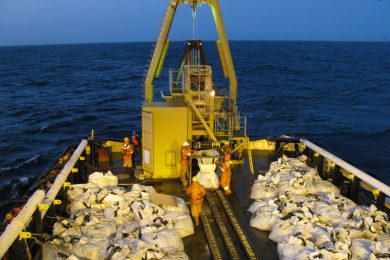
Nuclear is key to more electricity
At an energy conference in South Africa earlier this week, several experts called for an aggressive expansion of nuclear generating in southern Africa. South Africa’s electricity shortfall is expected to continue for at least another five years. Energy experts who gathered at the Africa Electricity 2012 conference in Johannesburg punted a radical shift to nuclear as a fast, clean and affordable option.
Nuclear Industry Association of South Africa representative Andrew Kenny said “South Africa desperately needs electricity generation for our economy to grow, we must beneficiate our raw materials and to do this we need a lot of electricity.”
Kenny continued, “South Africa needs new coal stations. There are new coal stations being built however, these will not be nearly enough. We need more power not only where the coal fields are but at the coast and west and south of the country and it has to be safe, clean, reliable and economically sustainable.”
The South African government has set aside R111 billion to build a new coal-fired power station that will be the third in the series of mega coal-fired power stations that Eskom is in the process of constructing namely; Medupi, Kusile and ‘Coal 3’.
From the expert discussion on Wednesday, it transpired that nuclear energy is the world’s largest source of emission-free energy. “Nuclear power plants produce no controlled air pollutants, such as sulphur and particulates, or greenhouse gases. The use of nuclear energy in place of other energy sources helps to keep the air clean, preserve the Earth’s climate, avoid ground-level ozone formation and prevent acid rain. Of all energy sources, nuclear energy has perhaps the lowest impact on the environment, including water, land, habitat, species, and air resources. Nuclear energy is the most eco-efficient of all energy sources because it produces the most electricity relative to its environmental impact.”












































